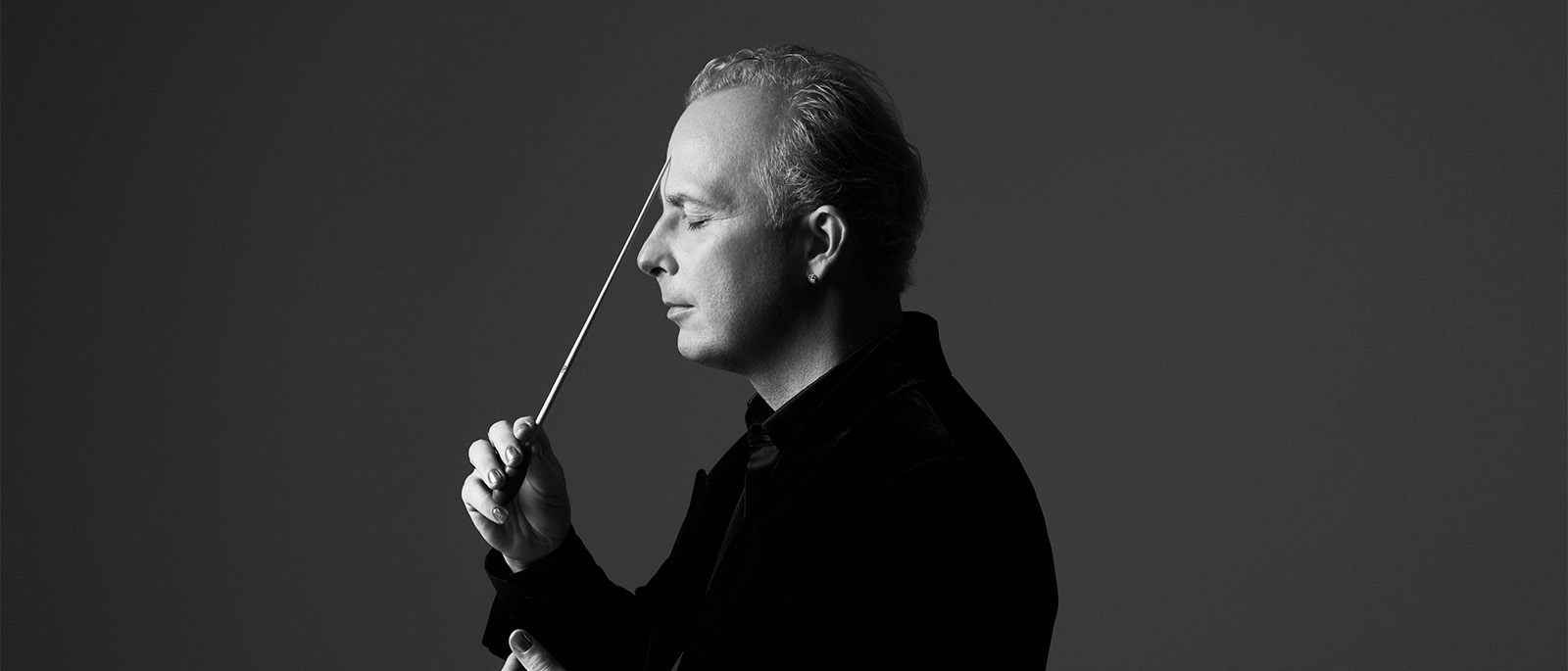
Double Take
This month, Met Music Director Yannick Nézet-Séguin conducts a pair of masterpieces: Puccini’s Tosca and Strauss’s Die Frau ohne Schatten. The maestro recently spoke about his approach to these two titanic works.
People always talk about Tosca as an operatic thriller. How are you going to tame this work?
What’s great in Tosca, and also a challenge, is that I have to balance two things. The music is so majestic, and there is more breadth in the orchestration and depth than in La Bohème, for example. But there’s a danger in getting caught up in the music and orchestration and forgetting the forward momentum of the drama. If we’re too quick, though, then we are also not true to these larger-than-life characters. It’s a balancing act that I have to take scene by scene.
Tosca has many famous arias, but are there any other moments that stand out to you?
In Act II, when the offstage chorus is singing the cantata, it feels like Puccini, the Italian master of late-Romantic verismo, is paying tribute to the masters of the Italian Baroque, like Vivaldi or Corelli. We hear the chorus and Tosca singing in the distance, and this ignites Scarpia’s desire and the plot he has in mind, and his eventual confrontation with Cavaradossi. It’s so simple yet so effective, and the music is gorgeous.
Your Tosca is Lise Davidsen, who is singing the role at the Met for the first time. What will she bring to this role?
She is such an outstanding musician. She wants to understand things from every angle, which makes her an ideal partner. And Tosca is seemingly tailor-made for her. Her voice is incredibly powerful, but it’s also very nuanced. She’s going to bring not only the power of the character, but all the fragility and the vulnerability that makes us fall in love with this diva.
Opera fans are beside themselves with excitement about Die Frau ohne Schatten. What about this piece excites you?
Die Frau ohne Schatten is the most enjoyable piece of music that I have ever conducted. If I could compare it with other Strauss operas, I would say it has the intensity of Elektra with the lyricism of Salome and the lushness of Der Rosenkavalier. If you’re a fan of any of those three, you must come to Die Frau ohne Schatten.
This is an incredible tour de force for the Met Orchestra. What will they bring to the piece?
The Met Orchestra will bring incredible skill and nuance to Frau. The score is insanely great but also technically challenging, which is where the Met Orchestra shines—they can play anything, almost in their sleep. The score requires a multilayered approach: the orchestra will not only accompany the story but also highlight the complexity of the music itself. You could listen to the opera without the singers, and it would still make sense. But then when you add the voices, the piece goes from 3-D to 6-D. I don’t know who’s more excited, the fans or me!
Interview by Matt Dobkin
Edited by Jonathan Minnick